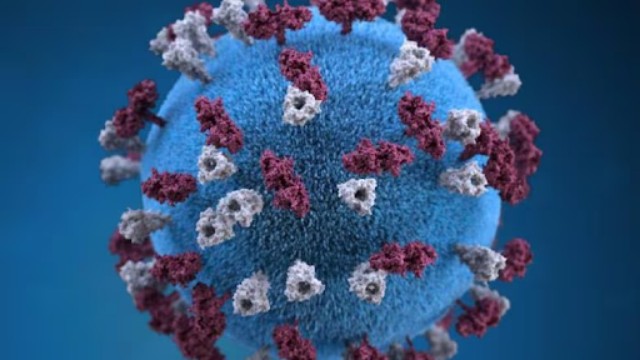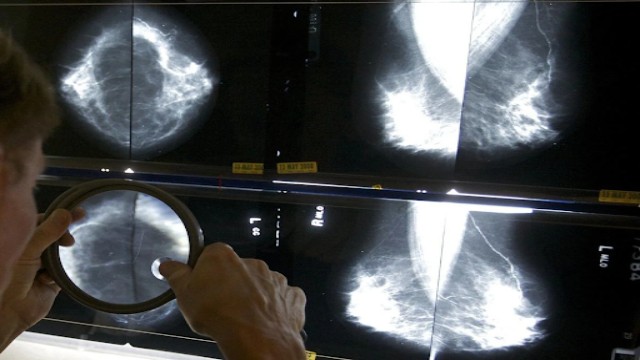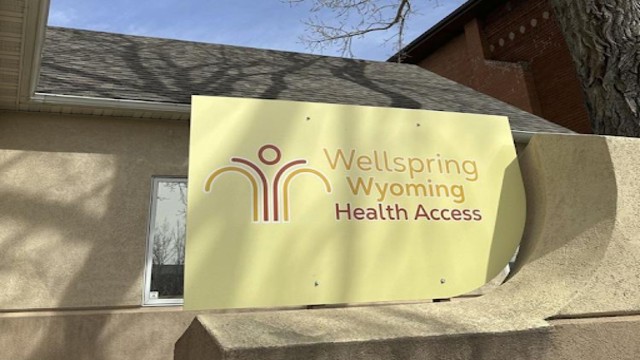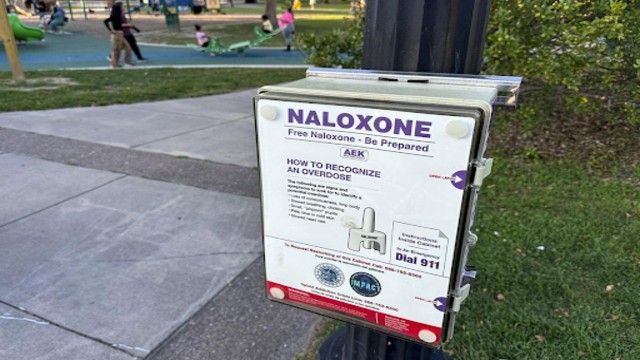
A new study reveals that increasing your intake of fruits and vegetables benefits heart and kidney health, particularly for those with high blood pressure. Getty Images
Adding more fruits and vegetables to your diet can be a simple yet powerful way to boost your heart and kidney health, especially for those struggling with high blood pressure. Recent research highlights the significant benefits of a plant-rich diet for people at risk of heart and kidney issues.
Dr. Donald Wesson, a professor of internal medicine at Dell Medical School, led the study which focused on the impact of dietary changes on heart and kidney health. "Patients with high blood pressure are at risk for heart disease and kidney disease," Dr. Wesson explained. His research aimed to investigate whether reducing dietary acid could help mitigate these risks.
Animal products, particularly meats, tend to increase acidity in the body, while fruits and vegetables have a base-producing effect that can counteract this. To test the benefits of a plant-based diet, researchers conducted a study with 153 participants suffering from hypertension and chronic kidney disease.
Participants were split into three groups: one group increased their intake of fruits and vegetables, another took daily doses of baking soda to reduce acidity, and the third continued with their usual medical care. The results, after five years, showed that both the plant-based diet and baking soda helped with kidney health. However, only the fruit and vegetable group saw improvements in heart health.
Dr. Wesson concluded that diets rich in fruits and vegetables should be a key part of managing high blood pressure. "Our study emphasizes the importance of incorporating more fruits and vegetables into diets for better heart and kidney health," he said.
The findings align with existing knowledge about plant-based diets and their benefits. Dr. Marion Nestle, a nutrition expert at New York University, noted, "We’ve known for a while that plant-based diets are beneficial, but it's great to see that they also help with kidney disease."
The research builds on earlier studies that demonstrated how acidic diets can harm kidney function, while base-producing diets are beneficial. Despite the clear advantages, Dr. Wesson pointed out that Americans often consume more acid-producing animal products than base-producing fruits and vegetables.
Addressing this imbalance is crucial for managing high blood pressure and related health issues. "The challenge now is finding ways to ensure that more people with high blood pressure can maintain a diet high in fruits and vegetables," he said.
For those without high blood pressure, increasing fruit and vegetable intake remains beneficial. The American Heart Association recommends consuming four to five servings of fruits and vegetables daily. A serving size might include a cup of raw leafy greens, a banana, or a few large strawberries.
In addition to dietary changes, the DASH (Dietary Approaches to Stop Hypertension) diet is recommended, which includes multiple servings of vegetables and fruits, whole grains, lean meats, and low-fat dairy.
While dietary changes can greatly improve health, they are often overlooked. Cardiologist Dr. Andrew Freeman advises making fruits and vegetables appealing by experimenting with different preparations and seasonings. Chef and nutrition expert Dr. Christopher Gardner also encourages creative cooking methods to make vegetables more enjoyable.
In communities where fresh produce is less accessible, it’s important to continue focusing on medication alongside dietary changes for managing chronic diseases. The study reinforces the need for integrating nutrition into healthcare for managing conditions like high blood pressure, kidney disease, and heart disease.















